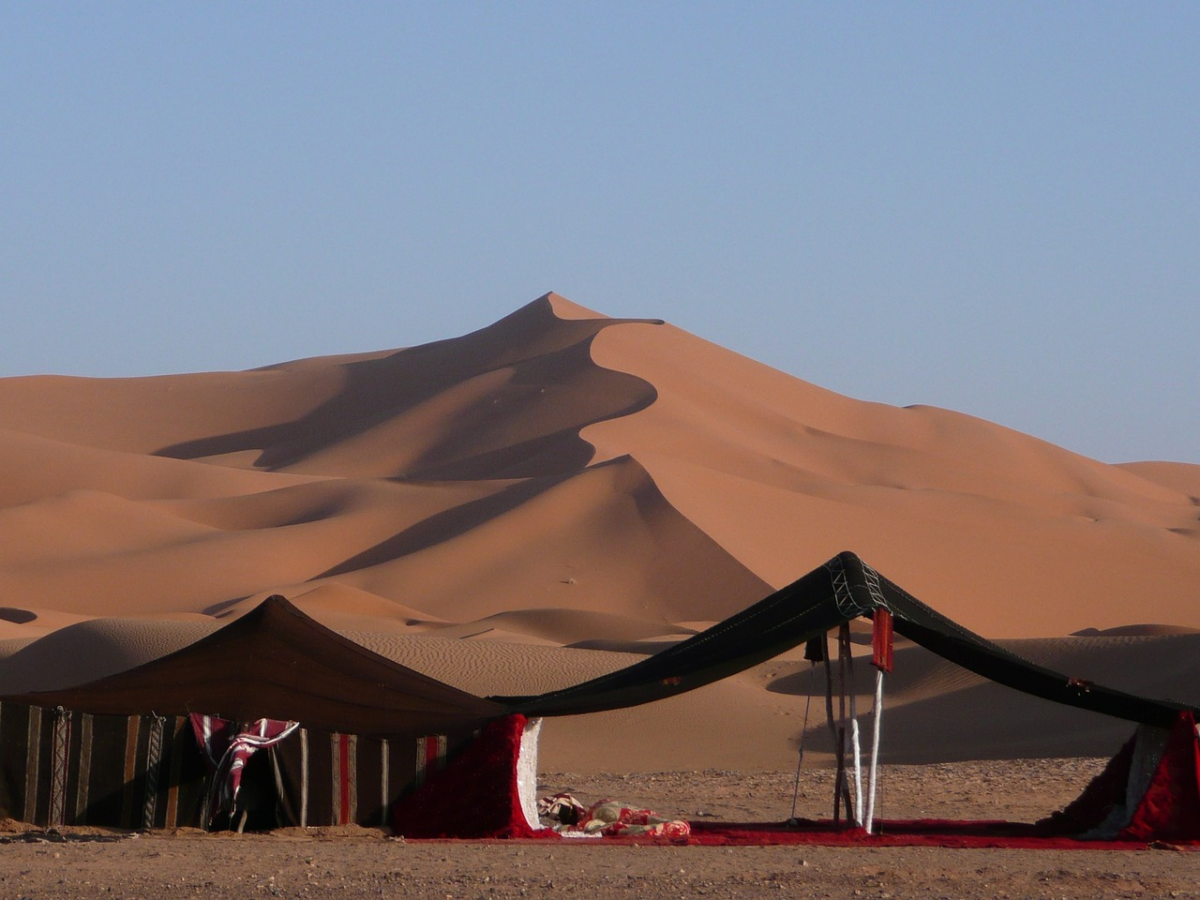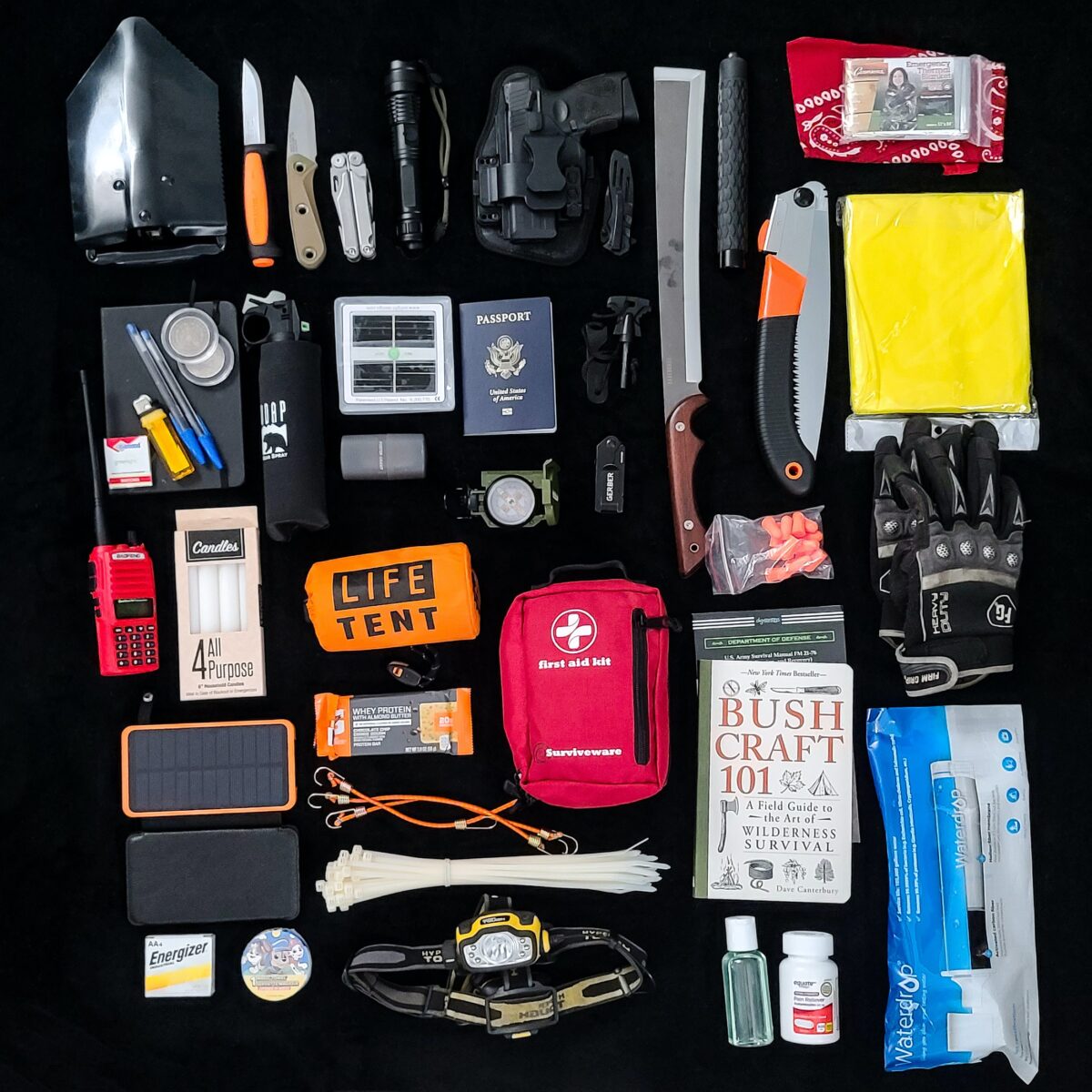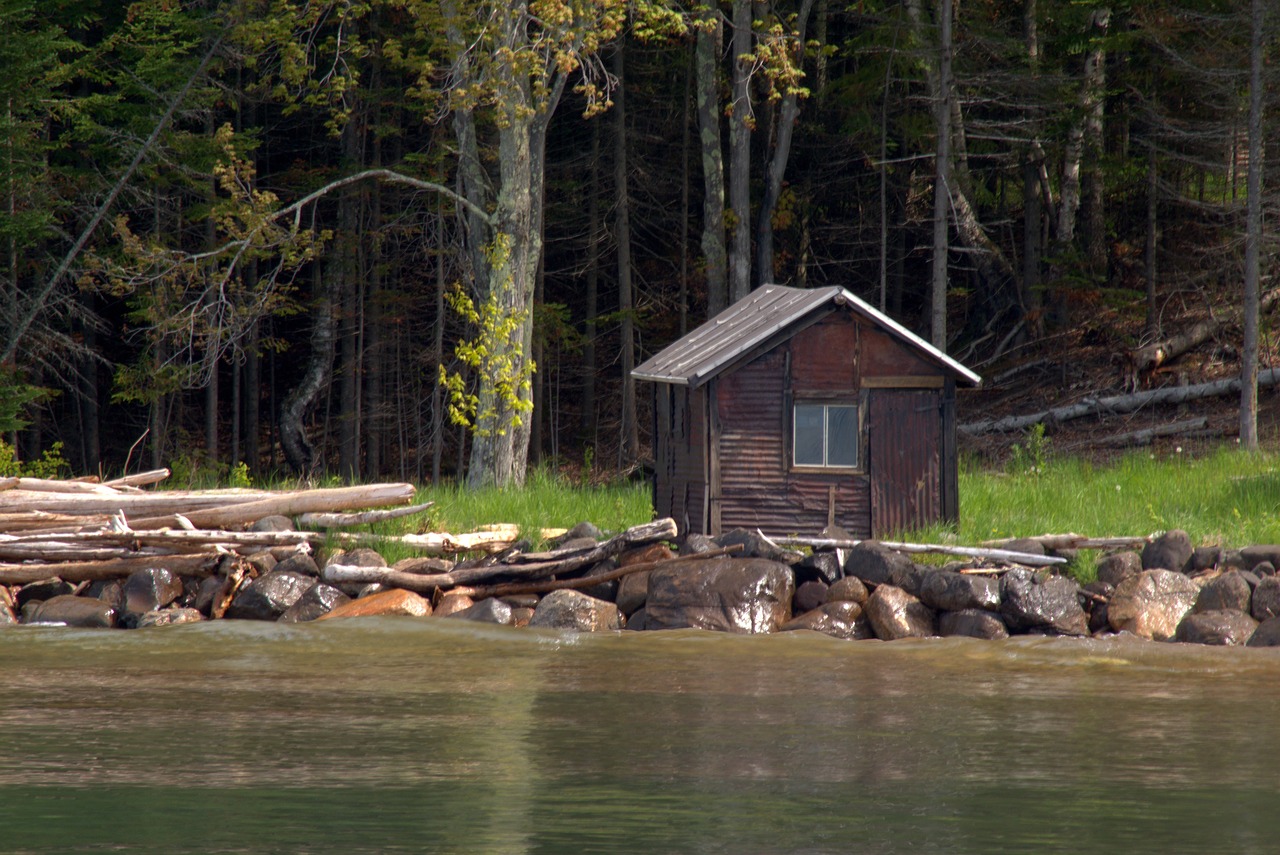Off-grid camping locations offer a unique and adventurous experience. These untouched natural spots allow campers to escape the hustle and bustle of everyday life, reconnecting with nature in a more authentic way. Without the usual facilities present in traditional campgrounds, off-grid camping locations provide an opportunity for individuals to challenge themselves, hone their survival skills, and create unforgettable memories. This, in turn, promotes a sense of freedom and relaxation as campers take a break from the modern world and immerse themselves in the beauty of their off-grid surroundings.
Understanding Off-Grid Camping
Off-grid camping is a form of camping that takes place away from typical campgrounds or populated areas. It involves stepping away from the modern conveniences of everyday life, such as electricity, running water, and usual amenities. By choosing off-grid camping locations, campers can immerse themselves in the heart of nature, experience the wilderness, and rely on basic survival skills.

Further, off-grid camping requires campers to be fully self-sufficient and prepared. They need to bring their own camping gear, arrange for food and clean water, take care of sanitation, and, most importantly, ensure their personal safety. Despite the challenges, many campers appreciate the chance to disconnect from the digital world and enjoy the beauty of nature undisturbed.
Planning for Off-Grid Camping
While planning for off-grid camping, the first step is to identify a suitable off-grid camping location. It requires some research to find an area that suits your camping aspirations, whether it’s a quiet spot by the lake, a corner in the forest, or a picturesque hilltop. The chosen location should be safe and, preferably, familiar or well-researched, ensuring you’re not unwittingly stumbling upon dangerous wildlife habitats or private properties.
After choosing the location, compile a comprehensive checklist of essential supplies for your trip. This could include a reliable tent, sleeping bags, a source of clean water or water purifying tools, nutritious food, a first aid kit, and navigational tools like a map or compass. Also, remember to pack everything necessary for a potential emergency, such as a flare, radio, or survival knife. Additionally, come up with a contingency plan for harsh weather conditions and ensure that at least someone knows your whereabouts and expected return date.
How to Find Off-grid Camping Locations?
Finding off-grid camping locations requires a blend of online and offline resources.
Online Method
Finding off-grid camping locations becomes easier with the help of online resources. Websites like HipCamp, Campendium, and FreeCampsites.net showcase a multitude of camping locations, including off-grid ones, across various landscapes. Exploring such websites allows you to assess potential spots through photographs, descriptions, location details, and even user reviews. It facilitates comparison and informed decision-making.

There are several mobile apps designed to assist campers in finding off-grid locations. Apps like The Dyrt, iOverlander, and AllStays offer a massive index of campsites, filterable by features such as amenities, price, and reviews. Moreover, interacting with online camping communities or forums can also be beneficial. These platforms often offer first-hand experiences, tips, and recommendations from ardent campers, thereby offering invaluable insights into prospective off-grid camping spots. Thus, the convenience of online methods makes the initial planning for your off-grid camping trip far less daunting.
Offline Method
Pursuing offline resources can be equally effective while searching for off-grid camping locations. Approaching local guides and outdoor experts proves to be a goldmine of information. They possess detailed knowledge about less-trodden paths and hidden camping gems in their area, which usually cannot be found online. They can offer advice on the best seasons to visit, safety tips, and survival skills, which can enhance your off-grid camping experience.

Another invaluable offline resource is topographical maps. Studying these allows you to understand the terrain of potential camping spots, like elevations, bodies of water, trails, and access points. This is especially useful for securing a safe and scenic off-grid location. Additionally, there are numerous books catering exclusively to off-grid camping that provide detailed guides, packing lists, survival tips, and location suggestions. For example, books like “The Complete Guide to Free Camping” or “The Ultimate Hang” give in-depth information and could prove to be helpful manuals for off-grid camping enthusiasts.
Considerations When Choosing a Location
When choosing an off-grid camping location, several key considerations should guide your decision. First, evaluate the safety of the location, keeping in mind local wildlife, weather conditions, and terrain stability. Second, think about water source accessibility, as you will need clean water for drinking and cooking. Third, consider the geographic characteristics of the site, such as elevation, proximity to trails, and natural shelters, which can impact your camping experience. Furthermore, review local laws and regulations concerning camping in that area to ensure you are not inadvertently trespassing on private property or protected lands. Carrying out this inspection thoroughly will help ensure a safe and enjoyable off-grid camping experience.
Essential Equipment for Off-Grid Camping

Below are some of the essential items you should consider bringing on your off-grid camping trip:
- Tent: A sturdy and weather-appropriate tent for shelter
- Sleeping Bag: Suitable for the weather and temperature of the camping location
- Camping Stove: For cooking meals since open fires may not always be permitted
- Water Purifier: To ensure safe drinking water from natural sources
- Headlamp/Flashlight: With extra batteries for navigating in the dark
- First Aid Kit: Stocked with bandages, antiseptics, medical tape, and any necessary personal medication
- Survival Knife: For a variety of camping tasks and potential emergencies
- Weather-appropriate Clothing: To keep comfortable and protected from the elements
- Navigation Tools: Map, compass, or GPS to help locate your campsite and avoid getting lost
- Emergency Whistle: To signal for help in case of an emergency
- Camping Cookware: Lightweight pots, pans, and utensils for preparing meals
- Packable Food: Pre-packed meals, canned goods, or other lightweight, non-perishable food items
- Fire Starter: Matches, lighters, or flint and steel in case you need to start a fire
- Multi-tool: A compact gadget having a collection of tools like a screwdriver, can opener etc.
- Trash Bags: To strictly follow the leave-no-trace principles and maintain cleanliness.
Tips for a Successful Off-Grid Camping Trip
- Choose a safe location.
- Carry essential equipment like shelter, food, warm clothes, and a first aid kit.
- Familiarize yourself with survival skills: purifying water, lighting a fire, and setting up shelter.
- Always notify someone of your trip details, follow local regulations, respect nature, and pack out everything you pack.
Conclusion
In conclusion, discovering amazing off-grid camping locations involves a mix of online and offline methods. Online resources such as websites, mobile apps, and camping forums offer extensive location information and first-hand experiences. Offline approaches include consulting local guides, outdoor experts, topographical maps, and camping-related books. By carefully considering location safety, water availability, and terrain characteristics, you can find the perfect off-grid camping spot for your next outdoor adventure.

Leave a Reply
You must be logged in to post a comment.